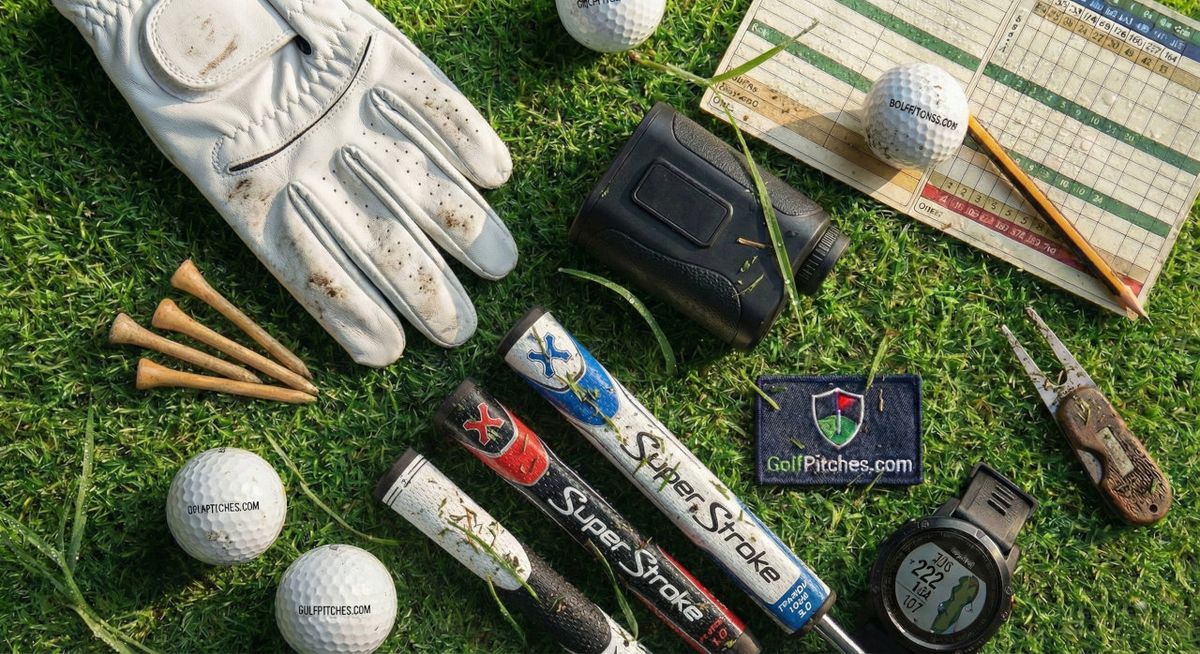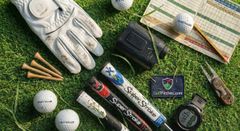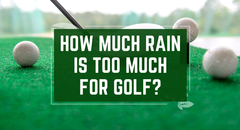Pinky Hurts After Golf

there could be a variety of reasons for this discomfort. Some possible causes may include:
-
Poor Technique: If you’re gripping the club too tightly or using improper form, this can lead to muscle strain and discomfort in your fingers, including your pinky.
-
Overuse: Playing golf for extended periods can lead to overuse injuries, especially if you’re not used to the activity or have not warmed up properly.
-
Arthritis: The repetitive motion of swinging a golf club can aggravate pre-existing arthritis or other joint conditions.
-
Sprain or Strain: You may have sprained or strained ligaments or tendons in your pinky, which can be painful and require rest and possibly medical treatment.
-
Impact Injury: If you hit the ground or an object accidentally while swinging, you could injure your pinky.
-
Equipment Issues: Sometimes, poorly-fitted gloves or clubs can lead to discomfort and pain during or after play.
-
Nerve Compression: Sometimes, the way you hold the club or the repetitive motion can lead to nerve compression, causing tingling, numbness, or pain.
-
Underlying Medical Conditions: Conditions like tendinitis, carpal tunnel syndrome, or other underlying medical conditions could also cause or exacerbate pain.
What to Do:
-
Rest and Ice: Take a break from golfing and ice the affected area.
-
NSAIDs: Over-the-counter anti-inflammatory medication like ibuprofen can help reduce pain and inflammation.
-
Consult a Professional: If the pain persists, consult a healthcare provider for a proper diagnosis and treatment plan, which may include imaging tests, physical therapy, or medications.
-
Check Equipment: Make sure that your equipment is well-suited to your needs, including grip size and glove fit.
-
Review Technique: Consider taking a lesson to ensure that poor technique isn’t the cause of your discomfort.
It’s important to consult a healthcare provider for a proper diagnosis and treatment plan tailored to your condition.


